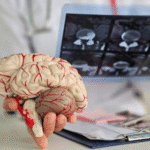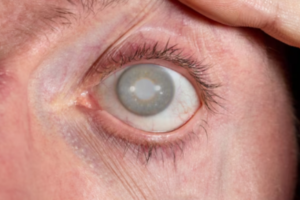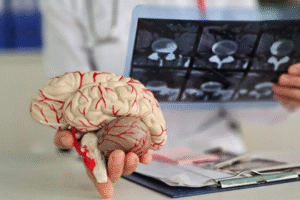In the world of health, cardiology holds a unique fascination. It is a complex network, much like the veins Manhattan. New York City’s busy network of streets and avenues is a fitting analogy for the human cardiovascular system. Just as we have technology to handle Manhattan’s traffic, we’re now turning to artificial intelligence (AI) to comprehend and manage our heart health. This blog post explores the fascinating implications of AI in cardiology.
AI and Cardiology: A Perfect Match
AI has proven to be a game changer in various fields, and cardiology is no exception. It has the potential to revolutionize the way we diagnose and treat heart diseases. Combining the data-crunching power of computers with the flexibility and learning capacity of human minds, AI can help decode the complex language of our hearts.
How It Works
AI uses algorithms to analyze patterns in medical data, much like how traffic controllers manage the flow of cars in Manhattan. It can predict potential heart issues and provide insights into preventative care. The more data it has, the better it learns and the more accurate its predictions become.
AI in Action
AI is already making a difference in cardiology. It’s helping doctors to spot conditions that may have been missed in conventional tests. For example, an AI model developed at Stanford University accurately detected irregular heart rhythms in ECG scans that would have been overlooked by human eyes.
Benefits and Challenges
While AI offers a wealth of benefits, it also presents some challenges. It requires large amounts of data to function effectively, raising concerns about privacy and data security. Additionally, integrating AI into current medical practices requires significant resources and training.
Looking Ahead
Despite these challenges, AI’s potential to improve heart health cannot be overstated. It’s not a distant dream, but a reality that’s already shaping the future of cardiology.
Comparison Table
| AI in Cardiology | Traditional Cardiology | |
| Speed | Fast | Slower |
| Accuracy | High | Variable |
| Scalability | High | Lower |
| Privacy and Security | Concerns | Less Concern |
For more in-depth information on AI’s role in cardiology, refer to this publication from National Center for Biotechnology Information and this report from Institute of Electrical and Electronics Engineers.














